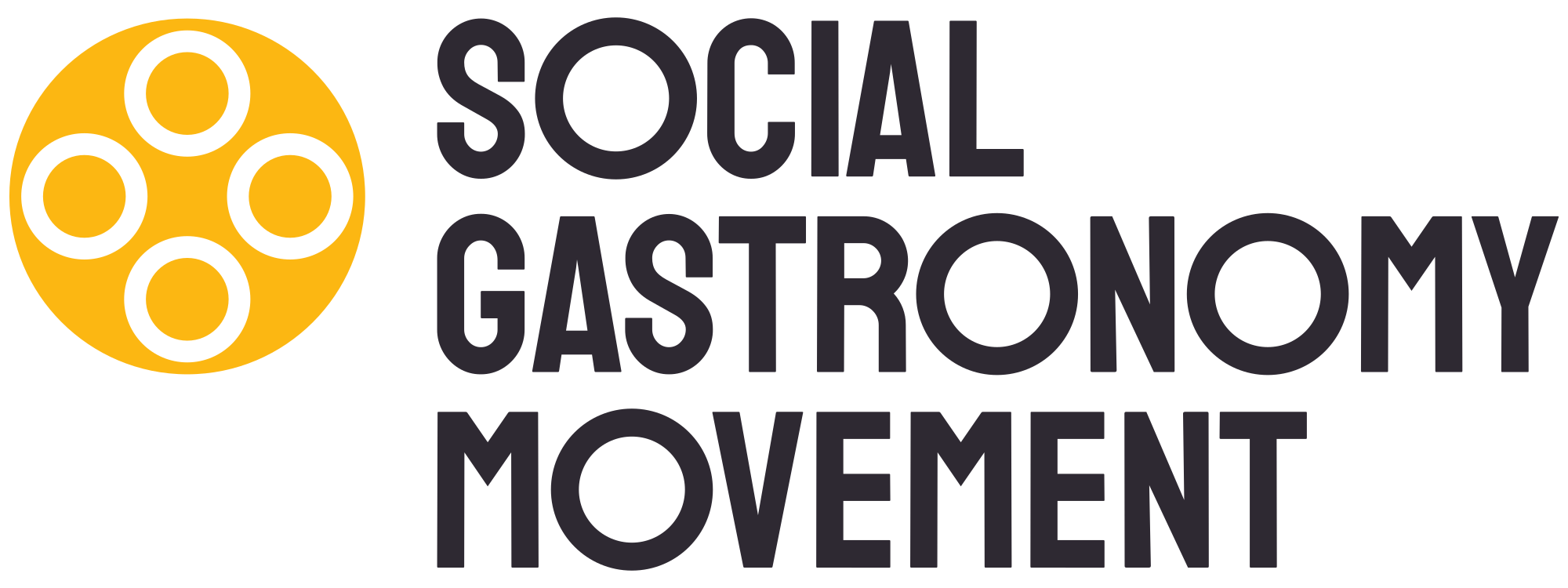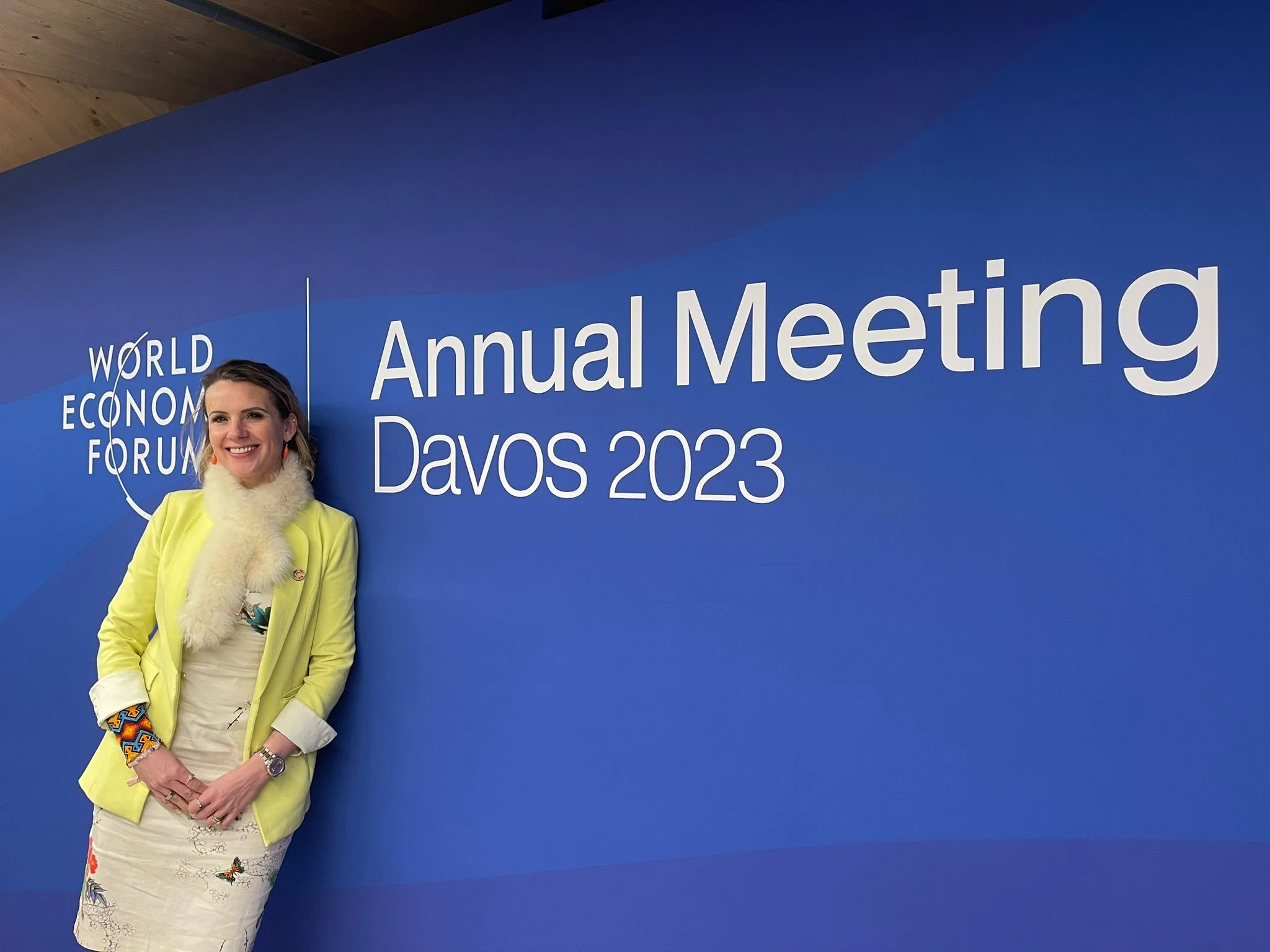Reflections from Davos
This year's World Economic Forum Annual Meeting 2023 convened under the theme, Cooperation in a Fragmented World; this issue has never been more crucial to the transformation of food systems. Not only is cooperation essential to transform food systems, but radical collaboration across sectors with shared responsibility too. Therefore, guaranteeing access to nutritious food for everyone at a time when the 4 C's, conflict, climate, Covid, and rising costs threaten food and nutrition security.
My three main takeaways from Davos week;
I was happy to see food systems' transformation was high on the agenda this year. Through the sessions and talks, it was evident that everyone agrees that multi-sectoral collaborations and partnerships are the only paths forward, yet we must accelerate such collaborations exponentially.
Through a Davos food systems dialogue, we concluded that we don't need to develop new innovations, as most solutions and innovations are out there already. We only need to identify, accelerate and finance them in a coordinated way. We identified enablers of change being "doing with and not for" those with lived experience, access to financing and knowledge, tech, and data.
It was reiterated many times that we need to revisit the true cost of food, taking all externalities into the equation, not leaving out soil, social and environmental costs. So what are we waiting for?
As the word collaboration was mentioned many times at the conference, the question on my mind was, are we willing to truly collaborate?
I am afraid it is too often used as a buzzword. It is not easy to collaborate; one must let go of agendas and unite to serve the collective. Radical collaboration for systems change requires active listening, trust, diverse views, getting to the root of the problems together, and letting go of limiting beliefs and narratives. It requires having a seat at the table for everyone.
At the heart of the work we do at the Social Gastronomy Movement are connection, collaboration, and partnerships, and most importantly, ensuring that along the process, we are doing with and not for those with lived experience of food insecurity and inequity. Local communities need to be included as integral partners in decision-making.
For change to be evident globally, we need to start with transforming local realities; we must think globally and act locally with local communities at the center.
The Social Gastronomy's collective impact program is a perfect example of and response to cooperation in a fragmented world.
It focuses on changing how we work together toward food systems transformation locally by creating the social conditions for authentic collaboration, building trust between stakeholder groups, and letting go of dominant power structures allowing for the emergence of our collective possibility.
The week at Davos gave me even more confidence that SGM is on the right track for conscious food systems change, integrating global challenges with local realities by building local capacity and bringing diverse local actors together.
In addition, we are creating opportunities to share best practices for the multiplication of existent grassroots innovations and co-creating new solutions based on local contexts.

